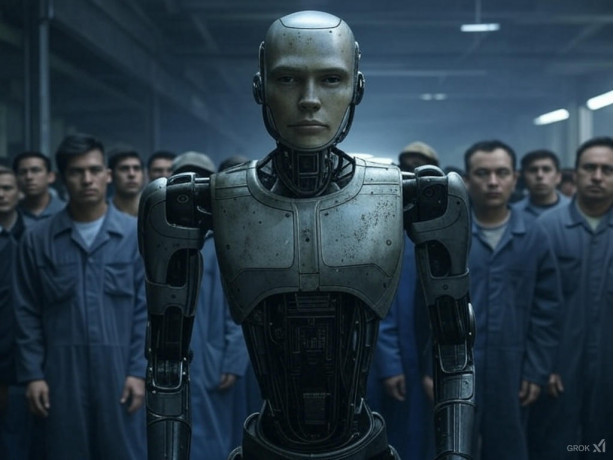Defining the Task: What Can AI Do in Law?
Artificial intelligence is already actively used in the legal field. It can:
-
Analyze vast amounts of documents in minutes.
-
Find precedents and draft standard contracts.
-
Predict the outcomes of court cases based on statistics.
-
Automate routine tasks such as document review or filing claims.
These capabilities make AI a powerful tool for increasing the efficiency of lawyers. However, the key word here is tool, not replacement.
Why AI Cannot Replace Lawyers
-
Emotional Intelligence and Empathy
Lawyers often work with people in difficult life situations: divorces, inheritance disputes, criminal cases. Clients need to feel support and understanding. AI, no matter how advanced, cannot show empathy or account for emotional context. -
Creative Approach and Non-Standard Solutions
Legal practice is not just about working with templates. Many cases require a creative approach, the ability to find unconventional solutions, and to argue a position convincingly. AI operates based on data and algorithms but cannot think outside the box. -
Ethical and Moral Dilemmas
Lawyers often face questions that have no clear-cut answers from a moral or ethical standpoint. AI, lacking ethical consciousness, cannot make decisions that take human values into account. -
The Uniqueness of Each Case
Despite the abundance of precedents, every legal case has its nuances. A lawyer can adapt their strategy to specific circumstances, while AI is limited to data analysis and cannot always account for all subtleties. -
Trust and the Human Factor
Clients trust people, not machines. Especially when it comes to their rights, freedom, or property. A lawyer not only provides services but also becomes an advisor, defender, and even a psychologist.
What Will Happen to Lawyers in the Future?
AI will undoubtedly change the legal profession. However, instead of fully replacing lawyers, an evolution is more likely:
-
Lawyers will use AI to automate routine tasks, allowing them to focus on more complex and creative work.
-
New specializations will emerge, such as "AI regulation lawyer" or "AI ethics expert."
-
Demand will grow for lawyers who can work at the intersection of law and technology.
Conclusion
The question "will AI replace lawyers" has a clear answer: no, it will not. AI will become a powerful assistant, but it cannot fully replace a profession that requires emotional intelligence, creativity, and ethical responsibility. The lawyers of the future are those who can effectively use technology while maintaining a human touch.
Thus, instead of fearing automation, lawyers should focus on developing skills that AI cannot replace.
After all, this is their greatest advantage.
Join our Telegram group where we discuss automation and legal technologies: [link]
#lowcode #nocode #lawtech #documentautomation #chatbot #expertsystems #legalai
